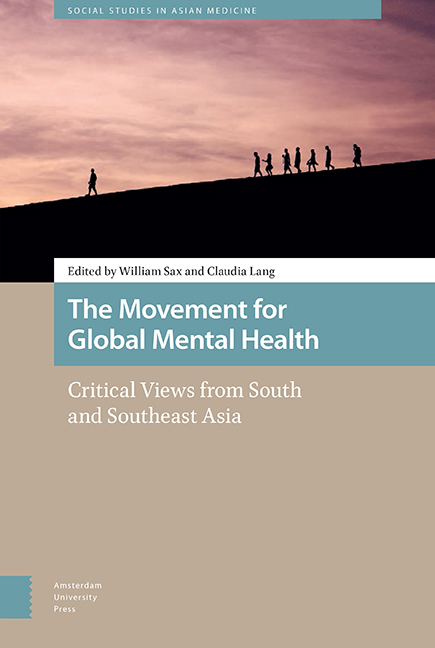9 - Global Mental Therapy
Published online by Cambridge University Press: 27 May 2021
Summary
Abstract
There already exists a type of global mental therapy that has used by virtually everyone, in every culture and during all periods of human history: it is called ‘ritual.’ But this is not recognised by the MGHM, nor have the therapeutic aspects of ritual been adequately investigated by psychology and psychiatry, nor are these disciplines sufficiently aware of the degree to which their own practices are ritualised. Most advocates of Global Mental Health have an extremely limited understanding of what people throughout the world actually do when they experience extreme mental suffering: they perform rituals. What explains this lack of interest in what is likely the most ubiquitous type of global mental therapy? Why does the topic remain so woefully under-researched? Can “rituals” be effective in treating mental suffering, and if so, how? Drawing on several decades of ethnographic research on ritual healing in Asia, Africa, and Europe, I suggest a number of provisional answers to these questions.
Keywords: ritual, religion, science, medicine, traditional healing, exorcism, family
The Ubiquity of Ritual Healing
I write this chapter from the standpoint of a cultural anthropologist with a long-time interest in religion, ritual, and healing. Although traditional forms of healing for mental illness, including religion and ritual, are very widespread throughout the world, hardly any scientific studies have focused on them. The few studies that exist for India have concluded that around 80 per cent of the population makes use of religious healers for the treatment of mental health problems (Campion and Bhugra 1997; De Sousa and De Sousa 1984; Pakaslahti 1998; Quack 2012; Shah 1984). But pluralistic help-seeking for mental disorders is by no means limited to India: around 25 per cent of psychiatric patients in the USA – including for example 43 per cent of patients with anxiety disorder (Bystritsky et al. 2012) and 53 per cent of patients with depression (Wu et al. 2007) – use Complementary or Alternative Medicine (CAM) to address their problems. A study from the UK found that 42 per cent of the people from the Indian subcontinent living in Britain seek help from a healer before coming into contact with mental health services (Singh et al. 2013).
- Type
- Chapter
- Information
- The Movement for Global Mental HealthCritical Views from South and Southeast Asia, pp. 271 - 300Publisher: Amsterdam University PressPrint publication year: 2021
- 1
- Cited by

